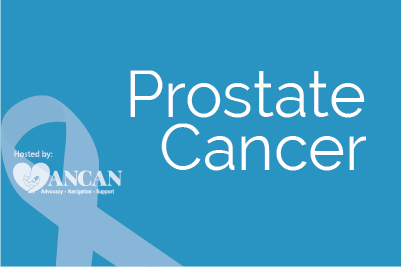A very interesting but challenging and thought provoking article came to AnCan’s attention last week published by ASCO’s Journal of Clincial Oncology. The AnCan prostate cancer moderators thought carefully about whether we should reblog it Ultimately we decided it was worthwile for all our prostate cancer community, and maybe others too.
Please let us know your thoughts via info@ancan.org – we will add them to this page. Your editor has already taken the liberty of including some moderator responses:
Just one editorial comment on A Dozen Eggs , especially with men in mind using estrogen patches. AnCan is not aware of any clinical evidence that increased levels of estrogen promote prostate cancer progression.
https://ascopubs.org/doi/full/10.1200/JCO.21.00804
Reactions
…. it is an excellent and thought provoking article. If presented in the right context and sensitivity it could be quite instructive and inspirational.
It is really a great piece.
I think it’s fine, although I’m a little concerned about the oncologist telling Evelyn that estrogen might make her prostate cancer worse. I’m not aware of evidence supporting that concern
I have attended workshops discussing transgender issues in the medical world. The system mistreats and misunderstands transgender patients. Medical staffs humiliate them and ask for their birth names and to show their driver’s licenses.

